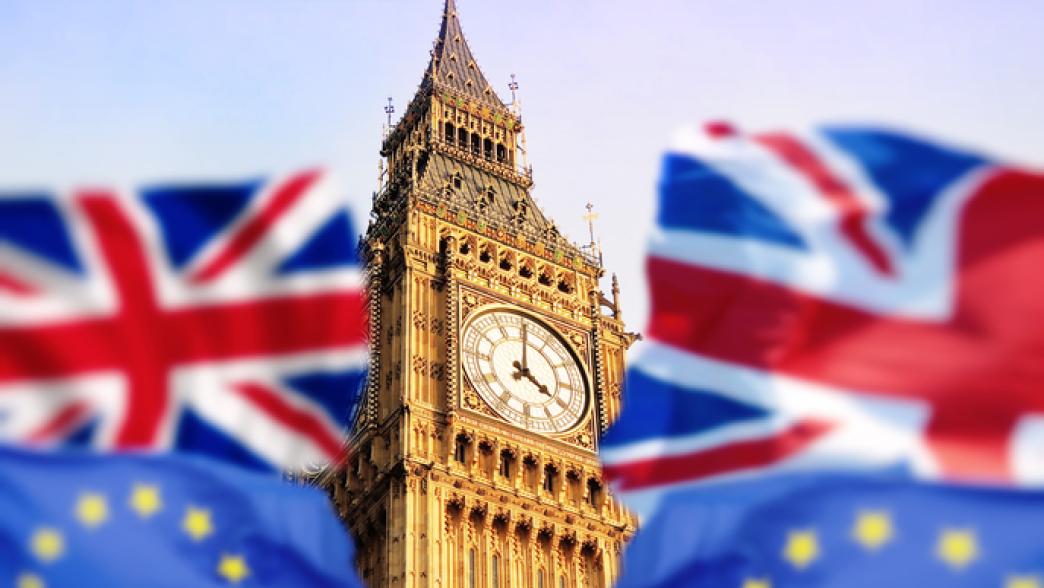
The Great Repeal Bill White Paper, released today by the Government, contains very few surprises – but Joe Owen says the devil will be in detail.
As we’ve said elsewhere, the Great Repeal Bill is like a ‘Great Cut and Paste Bill’, converting EU law into UK law.
There is a significant amount of EU law that will not function on the UK statute books, with references to EU institutions that we will no longer be part of after Brexit. The Great Repeal Bill will give government powers to ‘correct’ these laws through secondary legislation, to ensure they function; it is here where the contention begins. Opposition have warned of ‘sweeping legislative powers’.
We’ve said delegated powers, such as Henry-VIII clauses, should be time-limited and used sparingly. The White Paper confirms they ‘will not continue in perpetuity’ and there will be an opportunity for parliamentary scrutiny of any substantive changes.
European Court of Justice
The White Paper also acknowledges legal questions around the European Court of Justice (ECJ) and the role of the devolved legislatures. But here the White Paper does not provide all the answers.
The Government's intention is that the case law of the ECJ will have no role in the interpretation of new laws passed by Parliament after Brexit. This was expected. Theresa May has made no secret of her desire to end ECJ jurisdiction in the UK.
However, the White Paper does say pre-Brexit ECJ case law will have a status similar to that of UK Supreme Court judgements at the moment – binding except in exceptional cases, where the present Supreme Court can overrule a past Supreme Court decision.
The big question is the status of post-Brexit ECJ judgements that interpret pre-Brexit legislation, which the UK has imported onto the statute book. The Government has said nothing about how the courts ought to regard these decisions.
The Government does not have to take a view on this. But if it doesn’t, the courts will take their own.
The role of Scotland, Wales and Northern Ireland
The White Paper talks positively about close collaboration with the devolved administrations, but some big unanswered questions remain.
It is not clear if the consent (via Sewel motions) of the devolved legislatures needs to be sought before passage of the bill. The bill will amend the powers of devolved administrations. This would normally trigger the Sewel Convention, but the White Paper says nothing about the need to get legislative consent from the devolved parliament and assemblies, nor what it will do if consent is not forthcoming.
The Secretary of State for Exiting the EU, David Davis, has reiterated the Prime Minister’s promise that the decision-making powers of the devolved bodies will be “significantly increased” after Brexit. But he also noted that “no new barriers” to the harmonious operation of the UK single market will be allowed to emerge. New UK-wide frameworks will be needed in areas such as fisheries, where EU law currently ensures regulatory consistency across the UK.
These competing principles will need to be balanced, and the Government should seek to develop new UK-wide frameworks in areas such as agriculture and the environment based on the consensus of the four nations, rather than attempting to push these through unilaterally at Westminster.
The role of Parliament
The Government seems to have recognised the careful balancing act that will be required to ensure effective scrutiny can take place in the limited timeframe.
We noted that the demands of legislating Brexit means that both government and Parliament need “to adapt their normal approach to making legislation and to recognise the value and importance of the other’s role and objectives.” We therefore welcome the Government’s declared willingness to engage in close dialogue with Parliament about how to achieve this balance.
In sum, the White Paper contains few surprises, set out some positive first steps on process, but some big questions remain.
- Supporting document
- IFGJ5347-Legislating-Brexit-IFG-Analysis-032017-WEB.pdf (PDF, 190.68 KB)